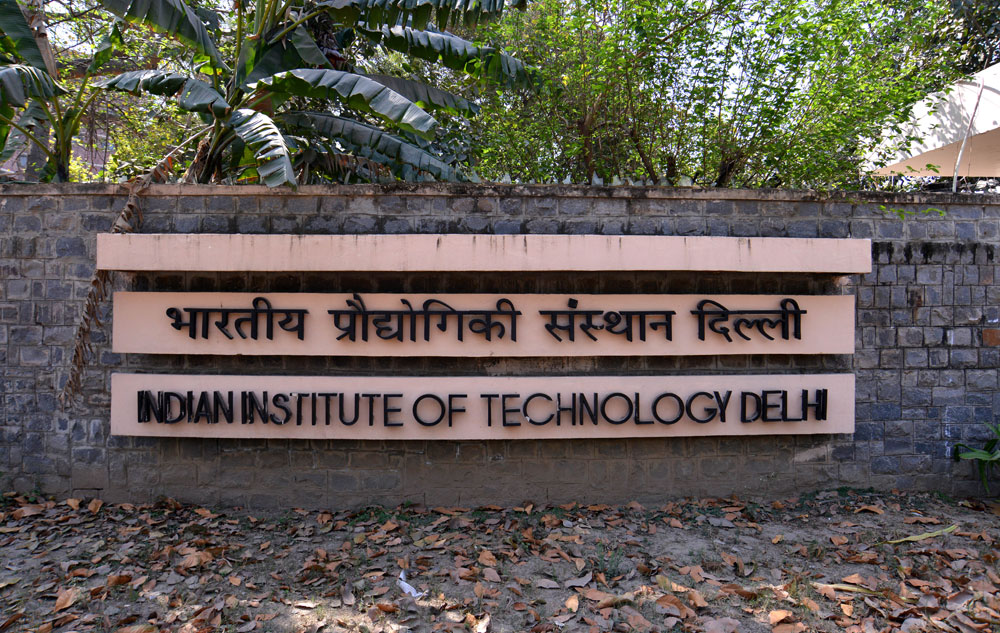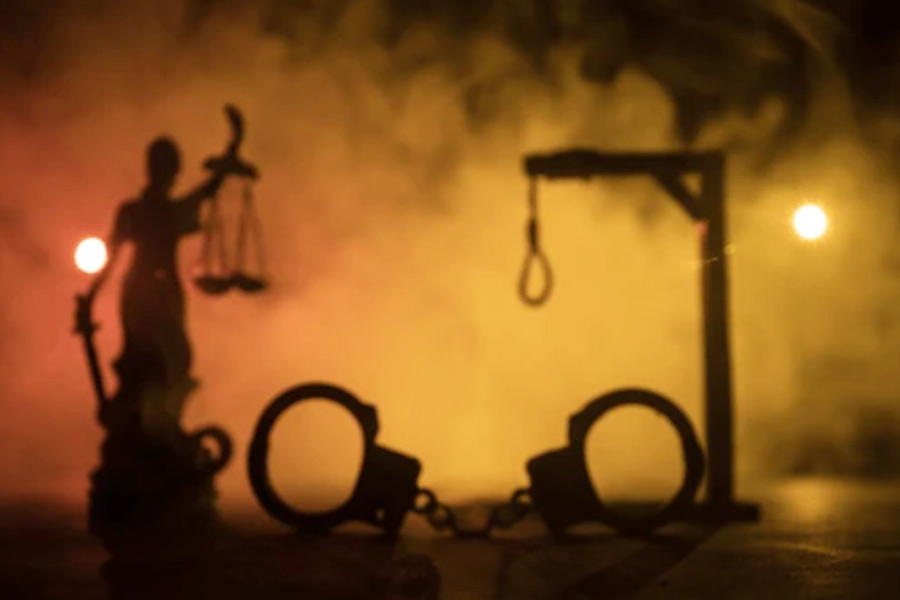The Centre on Wednesday put on hold a recent decision of the council governing the IITs to hike MTech tuition fees 10 fold in a phased manner over three years.
The government’s decision comes at a time students’ agitations over a host of issues, including fee hikes, have spread across campuses in different parts of the country, including IITs.
Senior HRD officials said the IIT Council would re-examine its fee-hike decision at its next meeting, whose date is yet to be decided. “The government has put the decision on fee hike in abeyance. The IIT Council will again consider it,” an HRD official said.
Asked if the decision was linked to the students’ unrest, the officials refused comment.
The IIT Council, the apex decision-making body for the premier tech schools, had in September approved a proposal to increase the tuition fee of MTech courses from about Rs 20,000 a year to Rs 2 lakh in a phased manner over three years.
Across campuses, students have been protesting fee hikes, including at JNU where an agitation over hostel charges has been continuing for over a month.
On Tuesday, students from 20 organisations held a media conference in Delhi to declare a united fight against the government on fee hikes and demand more public funding for higher educational institutions.
“Our rights are constantly violated — the right to get decent and affordable education — in an attempt to alienate us from a critical study of our own condition. The sense of collective anger and anxiety that plagues the student community across the country at this juncture, coming on the back of the government’s purposive agenda to destabilise public education, will be resisted,” said a statement issued by the students’ organisations at the media conference.
Research scholars at IIT Delhi had last month issued a statement to support students’ protests against fee hikes, expressing fears over “growing authoritarianism and oppression”.
“Students of this country play a major role in nation-building and their voices must be heard with an unfettered spirit of rationality and tolerance. It is necessary to involve and hear them at the appropriate institute forums before any academic and/or administrative decisions are made. While we respect the autonomous status of these institutes, we worry about the growing authoritarianism and oppression on student communities,” the scholars said in a statement.











